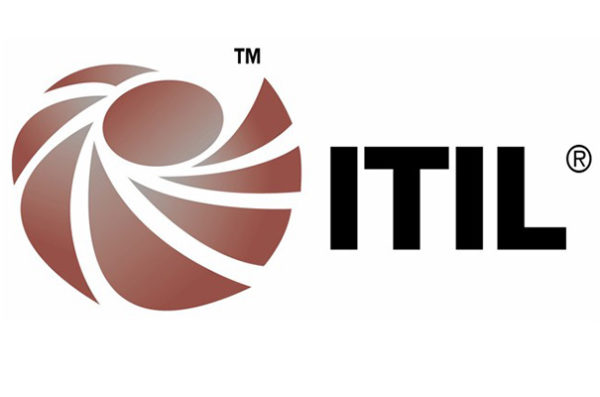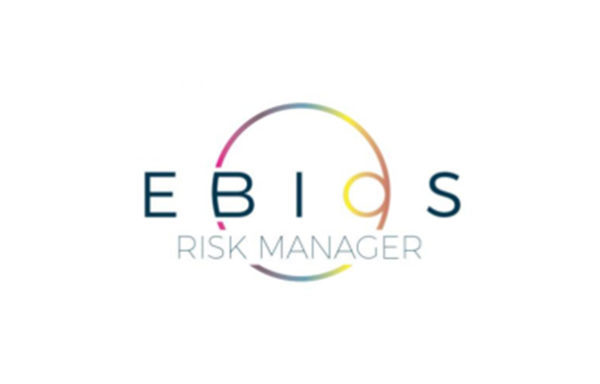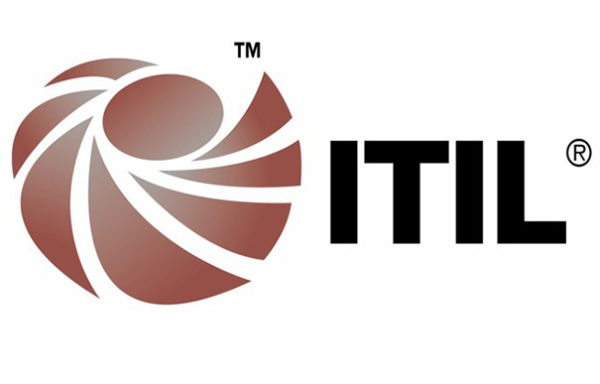ITIL® is comprised of five core publications: Service Strategy (SS), Service Design (SD), Service Transition (ST), Service Operations (SO) and Continual Service Improvement (CSI). It promotes alignment with the business as well as improvement in operational efficiency. The official ITIL® qualification scheme, owned by AXELOS, describes two streams, the Service Lifecycle Stream and the Service Capability stream: The Service Lifecycle stream focuses on ITIL® practices within the Service Lifecycle context. The prime focus is the Lifecycle itself as well as the processes and practice elements used within it. The Service Capability stream is for those who wish to obtain an in depth understanding of specific ITIL® processes and roles. The primary focus is on process activities, process execution and use throughout the IT Service Lifecycle. The ITIL® Intermediate Qualification: Service Offerings and Agreements (SOA) Certificate is a free-standing qualification, but is also part of the ITIL® Intermediate Capability stream, and one of the modules that leads to the ITIL® Expert Certificate in IT Service Management. The purpose of this training module and the associated exam and certificate is, respectively, to impart, test, and validate the knowledge on industry practices in Service Management as documented in the ITIL® Service Lifecycle core publications.
Description
Durée : 28 heures
Modalités techniques d’évaluation : Évaluation des connaissances par QCM, évaluation des compétences au travers de travaux pratiques et de cas d’études. Contrôle de l’acquisition des connaissances et des compétences pendant la formation par le formateur.
Moyens pédagogiques : Apports théoriques réalisés en classe et complétés par de nombreux travaux pratiques permettent aux participants de disposer d’une expérience concrète. A l’issue des sessions magistrales, réalisation de cas d’études tutorés.
Objectifs pédagogiques
À l’issue de la formation, le participant sera en mesure de :
- The value to the business of SOA activities
- How the SOA processes rely on a good business case
- How the SOA processes rely on a good understanding of return on investment (ROI)
- Processes across the Service Lifecycle pertaining to the service offerings and agreements curriculum
- SOA roles and responsibilities
- Technology and implementation considerations
- Challenges, critical success factors and risks
- In addition, the training for this qualification should include examination preparation, and an opportunity for a mock examination.
Méthodes pédagogiques
Certification
COURSE INTRODUCTION
- Introduction
- Lifecycle approach and structure
- IT Service Management definition
- Creating value, Utility and Warranty
- Monitor and measure
- Process definition and characteristics
- Service Offering and Agreement
- SOA Service Strategy processes
- Service Value and SOA
- Organizing ITSM
- Strategy Management
- Strategic, tactical and operational linkages
- Design Coordination
- Scope and Flow of Service design
- Identifying Service Requirements
- ROI, Business Case and SOA
- ITIL® Certification Scheme
SERVICE PORTFOLIO MANAGEMENT
- Purpose and Objectives
- Scope and Value to the Business
- Service Catalog, Pipeline & Retired Services
- Configuration Management System (CMS)
- The Portfolio’s (Application, Customer, Project)
- Service Models
- Market Spaces and service Growth
- Aligning Service Assets to outcomes
- Portfolio Management through the Lifecycle
- Designing the Service Portfolio
- Overview, phases and steps
- Triggers, Inputs, Outputs, Interfaces
- Information Management
- CSF’s and KPI’s, Challenges
SERVICE CATALOG MANAGEMENT
- Purpose and Objectives
- Scope and Value to the Business
- Service Catalog
- Policies, Principles and Basic concepts
- Catalog structure and policies
- Process activities, methods and techniques
- Triggers, Inputs, Outputs
- Information Management
- CSF’s and KPI’s, Challenges and risks
SERVICE LEVEL MANAGEMENT
- Purpose and Objectives
- Scope and Value to the Business
- Policies, Principles and Basic concepts
- SLA’s and OLA’s, SLA Frameworks
- Document Relationships
- Producing SLR’s, Monitoring Performance
- Producing Service Reports
- Service reviews and improvements
- SIP’s, KPI’s, Information Management
- Challenges and CSF’s, Risks and Good Practices
- Triggers, Inputs, Outputs, Interfaces
- Common SLM issues, OLA sample
DEMAND MANAGEMENT
- Purpose and Objectives
- Scope and Value to the Business
- Supply and Demand
- Gearing Service Assets
- Demand Management through the Lifecycle
- Demand Forecasting, User Profiles
- Activity Based Demand Management
- Managing Demand of Services
- Triggers, Inputs, Outputs, Interfaces
- Information Management
- CSF’s and KPI’s, Challenges & Risks
SUPPLIER MANAGEMENT
- Purpose and Objectives
- Scope and Concepts
- Roles and Interfaces, Value
- Supplier Management Concepts
- Activities, Methods, Techniques
- Key Metrics, Challenges CSF’s and Risks
- Triggers, Inputs, Outputs
FINANCIAL MANAGEMENT FOR IT SERVICES
- Enterprise Financial Management Policies
- Purpose and Objectives
- Scope and Value the Business
- Overview (Budgeting, Accounting, Charging, Funding)
- Triggers, Inputs, Outputs, Interfaces
- Information Management
- CSF’s and PKI’s Challenges and Risks
BUSINESS RELATIONSHIP MANAGEMENT
- Purpose and Objectives
- Scope, BRM & SLM
- BRM and ITSM processes
- Value to the Business
- Customer Portfolio and Satisfaction
- Service requirements
- BRM Activities & Lifecycle Processes
- Triggers, Inputs, Outputs, Interfaces
- Information Management
- CSF’s and PKI’s, Challenges & Risks



